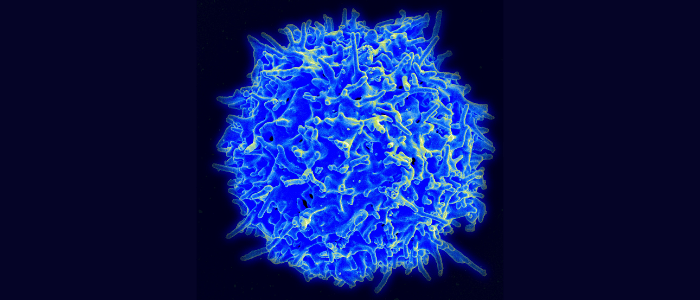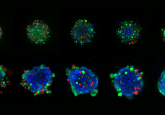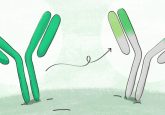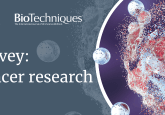Are we on the path to a universal cancer immunotherapy?

Recent discoveries of ‘universal’ T cells – avoiding HLA – could bring back the hope of an ‘off-the-shelf’, one-size-fits-all cancer immunotherapy. Generally, T cells work through the human leukocyte antigen (HLA), which is highly variable between people and has prevented T cells being effectively harnessed as a catch-all therapy for cancers. Currently approved T-cell-based immunotherapeutics, CAR-T products, are person-specific, custom-made and costly – not the affordable ‘off-the-shelf’ therapeutic that would be ideal. However, is an ‘off-the-shelf’ T-cell-based therapy for cancer even possible? Recent research suggests it could be, revivifying the abandoned hopes of a silver bullet for cancer. With the polymorphicity of HLA the clear sticking point, some researchers have dived into solutions involving genome engineering; however, that comes with its own potential problems. Others have turned to T-cell receptors (TCRs) that avoid HLA altogether. A hidden savior? ...
To view this content, please register now for access
Join our member community for FREE to access a collection of journal and online-only features, including:
- Exclusive access to educational videos, eBooks and insights into top BioTechniques journal articles
- The latest news and journal updates delivered straight to your inbox when you want it
- Personalized recommendations for the latest member-exclusive podcasts, interviews and expert opinions
- Priority registration to webinars, panel discussions and events
- Access to competitions and journal publication discounts, including 10% off open access fees when you sign up today!





